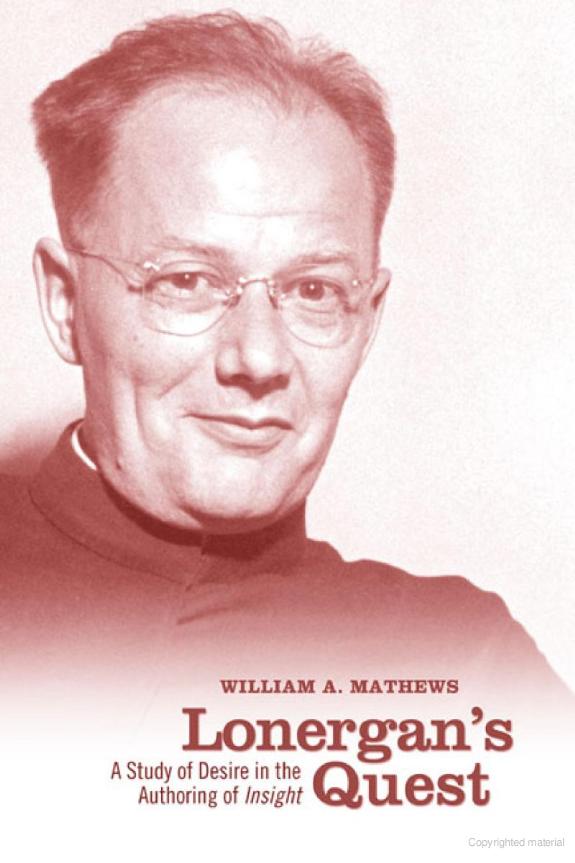
AnthonyFlood.com
Philosophy against Misosophy

Bias, Liberation, and Cosmopolis
Bernard J. F. Lonergan, S.J.
From Insight: A Study of Human Understanding, New York, Philosophical Library, 1957, Chapter VII, “Common Sense as Object,” 207-44.
As this chapter outlines both a philosophy of history and suggests a goal of intelligent political action, I've substituted what I believe is a more illuminating title. Lonergan believed, unfortunately in my opinion, that social disaster always threatens unless intelligent, reasonable, and responsible human beings (guided by a certain understanding of economics) steer mo-dern economies away from the chaos to which our peaceful, voluntary economic transactions allegedly tend to hurl us. (See Ludwig von Mises, “The Error of Anti-Market ‘Disproportionality’ Doctrines.”) That is, intelligent, reasonable, and responsible people may, at least sometimes, interfere with peaceful, volun-tary economic transactions. Lonergan lacked insight into how such interventions engender the very social dislocations he lamented. This chapter provides a glimpse of the philosophic root of his misunder-standing of economics (to which study his mind was first drawn). This theorist of the self-appropriation of the human knower never extended his analysis to the self-appropriation of the human actor. In September of 1983, after having read his Essay in Circulation (in the unpublished manuscript version I had provided) the late dean of the Austrian School, Murray Rothbard characterized Lonergan's economic thought as “institutionalist.” The following year I asked Loner-gan what he thought of the Austrians: “Well, they're deductivists, and you know what I think of deducti-vism.”)
Nevertheless, this chapter, especially its closing sec-tions, attests to the libertarian thrust of Lonergan's social thought. His description of the general nature of social decline suggest many areas of research for libertarian theorists. May reading this chapter stimu-late interest in its neighbors. In 1992 the University of Toronto published a critical edition of Insight as Volume 3 of Lonergan's Collected Works.
Posted February 13, 2007
Revised July 2, 2013
Introduction
The apparently modest and secure undertaking of common sense is to understand things in their relations to us. Unfortunately, we change; even the acquisition of common sense is a change is us; and so in the preceding section we attempted an investigation of the biological, aesthetic, artistic, intellectual, dramatic subject to which common sense relates things.
But if the development of common sense is a change in its subject, still more obviously does it involve a change in its object. Common sense is practical. It seeks knowledge, not for the sake of the pleasure of contemplation, but to use knowledge in making and doing. Moreover, this making and doing involve a transformation of man and his environment, so that the common sense of a primitive culture is not the common sense of an urban civilization, nor the common sense of one civilization the common sense of another.
However elaborate the experiments of the pure scientist, his goal is always to come closer to natural objects and natural relationships. But the practicality of common sense engenders and maintains enormous structures of technology, economics, politics, and culture, that not only separate man from nature but also add a series of new levels or dimensions in the network of human relationships.
No less than the subjective, the objective field of common sense must be explored, for the development of common sense involves a change not only in us, to whom things are related, but also in the things, which are related to us.